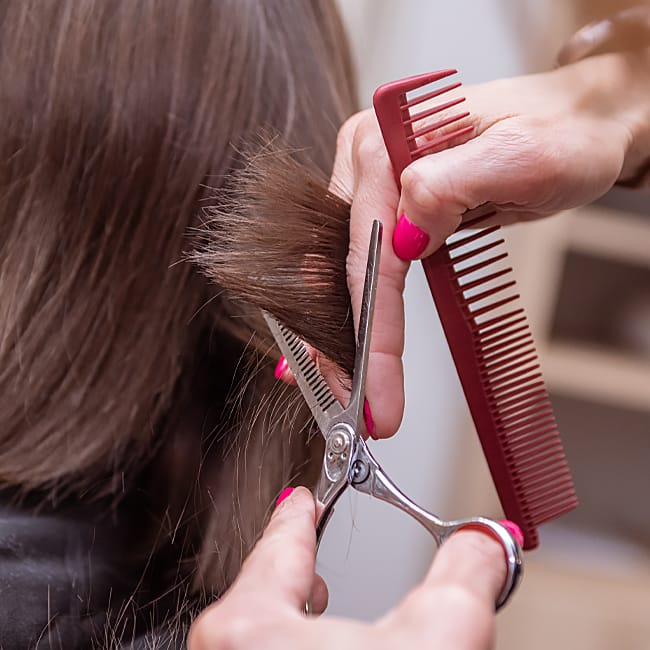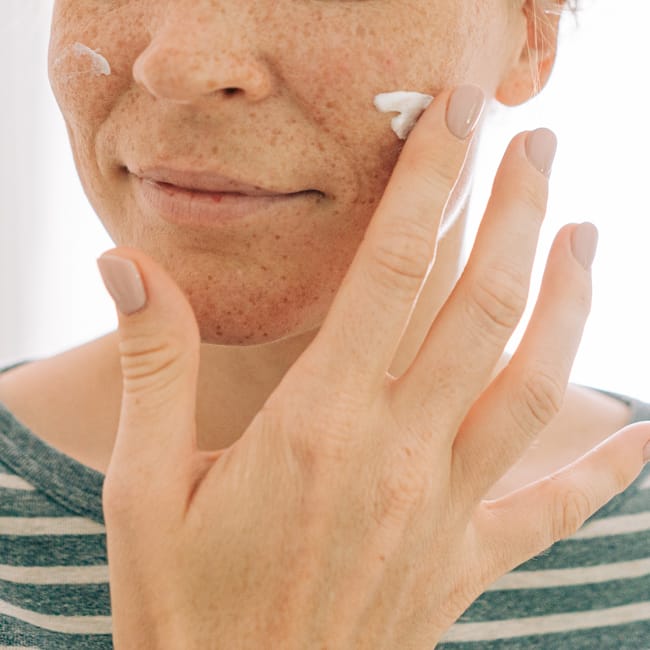After a long day, taking a shower and then going to bed is sometimes the most comforting way to unwind. For aging tresses, however, experts say sleeping with wet or damp hair could worsen thinning and even lead to hair loss or breakage more than you might realize. We checked in with hair experts Dr. Dominic Burg, trichologist at evolis Professional and Dr. Jeffrey T.S. Hsu, board-certified dermatologist and co-founder and co-director of Oak Dermatology, for more information.


How Sleeping With Wet Hair Causes Breakage, Thinning and Loss
When your locks are wet, they are at their most vulnerable. While letting them air dry is healthy and is a much safer way to dry your hair than with hot tools, hitting the pillow with damp strands is another matter "Hair is in a fragile state when it is wet, it swells up and the internal structure weakens, reducing resilience and decreasing the force required to break the hair," Burg explains.
On top of this, he says, friction is increased between neighbouring strands of wet hair, resulting in increased tension between the strands when they are brushed or rubbed. "This could result in breakage," he says. "While the act of sleeping with wet hair may not put extra stress on the strands per se, sleeping with loose, wet hair can increase the likelihood of tangling, particularly if you are a restless sleeper, which may lead to more breakage the next time it is brushed," he continues.

Hsu agrees. "I don't advise going to bed with wet hair, because wet hair is weaker than dry hair," he reiterates. "With the friction and pressure of your head on the pillow, it is more likely to cause breakage when the hair is wet." Water inflates each strand of hair, he notes, so when the hair is wet, the inner cuticles swell, but the outer cuticules remain rigid and not expanded. "This leads to cuticles lifting off," he says, and that additionally, wet hair can cause "problems with scalp health in general."
This, he says, is mainly due to the possibility of fungus. "Our scalps are home to large variety of microbes, most of these are benign," adds Hsu. "However, some microbes like Malassezia globosa can be more harmful. Malassezia globosa is a natural occurring fungus that can cause irritation, dryness, itching and flaking (dandruff)." While sleeping with wet hair will not cause any severe illnesses, he concludes, it is "especially important that those who have thinning hair make this one lifestyle change," and avoid hitting the pillow with wet strands.


























